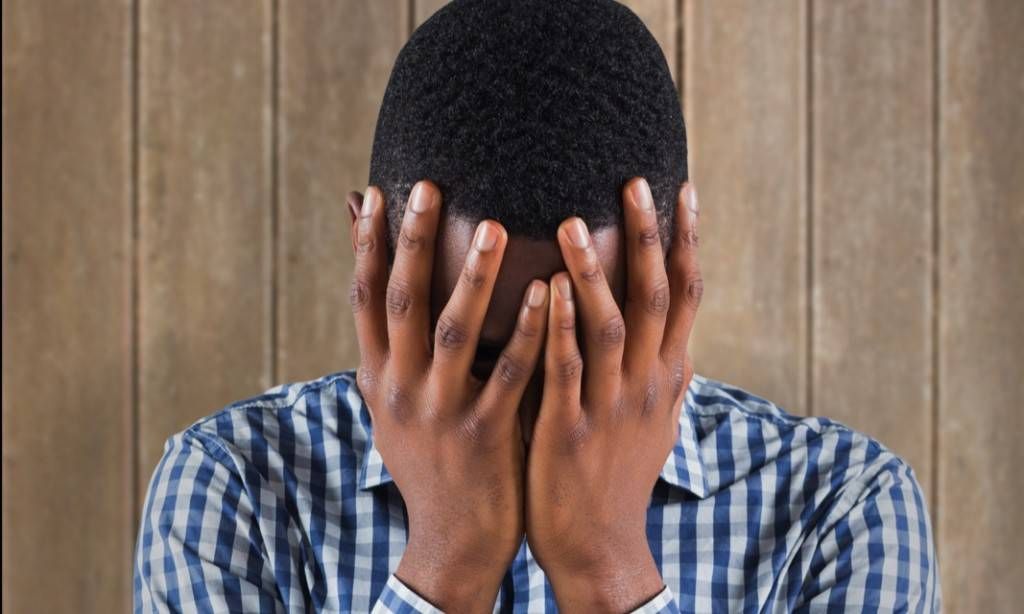
The Price of Pain as Representation
Rebirth feels like an emotional return to the DC that I love. Included in this change is Aqualad, aka Jackson or Kaldur, who is Black and was one of my favorite parts of Brightest Day. He first appeared in the pages of Brightest Day #4 which was done by Geoff Johns, Peter Tomasi, Ivan Reis, Ardian Syaf, Scott Clark, Joe Prado, and others. He’s also now queer as of Rebirth #1 by Geoff Johns, Gary Frank, Ethan Van Sciver, Brad Anderson, Jason Wright, Ivan Reis, Phil Jimenez and many others! While I am ecstatic about this development, I hate that his return to the DCU is encapsulated by pain. I recognize the importance of portraying marginalized people’s lives as real, including oppression, but this one panel, this one part that reintroduced Jackson back to our worlds, hurt.

Written by Geoff Johs, Pencils by Gary Frank, Colors by Brad Anderson, Letters by Nick J. Napolitano
This moment hurt because it’s real, because those words are leveraged against LGBTQ people, Black people in particular. This moment reminded me of conversations with my parents that still leave a mark many years later and after our relationships have improved. This moment captured the same words I’ve heard Black gay men say their families told them. I’m left wondering: why did Jackson’s mom have to call him ‘unnatural’? Why couldn’t this scene have shown his mother, or anyone else, as affirming and loving him? Why didn’t this scene show Jackson with his boyfriend? These questions almost feel nitpicky until I remember: I don’t constantly have to be exposed to experiences of bigotry in comics because that potential is already real for me.
Representation carries with it a lot of responsibility. Creators are tasked with showing characters in real, dynamic, whole, and affirming ways. The trouble with increasing representation of marginalized people, especially those who are queer, is that many creators choose to use instances of bigotry. These narratives are important because they happen to us, but they should also be deliberate. Too often, creators make stories which involve some sort of oppression, forgetting that while oppression is always a potential for us many of us are happy even if these instances have happened in the past.
I’m not sure why comics seem to convey that we are more often than not at the mercy of bigotry and why this has to constantly be a part of queer or marginalized representation. For a medium filled to the brim with gods and mortals who can literally move worlds, comics seem to have trouble making happy marginalized characters.
Stories about oppression are valuable because they can often help us cope or release complicated feelings. Yet, unless you’re specifically discussing a form of oppression like homophobia or racism, why use these systems to introduce new characters? Instead of saying, ‘Here’s this gay character complete with an experience of homophobia from his family!’, why not say ‘Here’s a narrative you don’t see in media, the happy gay Black man with a supportive mother’? I give this suggestion because nine times out of ten, creators who opt for instances of oppression to hallmark marginalized characters often do not handle longer narratives about oppression well. In what I’ve read, these moments are picked up and dropped, as though they are inconsequential and not in any way an issue beyond that insular point in time. If not this scenario, then these stories are crafted in a way that is based on a privileged person’s understanding of what it’s like to experience oppression, which is part of why it’s important to have diverse creators to handle these narratives.
As Jackson continues to appear in the DCU, I sincerely hope that if his experience with homophobia from his mother is touched upon again, it is handled well. If creators are going to bring up these narratives, they need to handle them with care. I also hope that in the future we can have happy queer characters, more queer people of color, and stories that show us struggling with things beyond forms of oppression. We know these systems exist because we live them, but, sometimes? I’d like to see representation of someone who looks and feels like me and isn’t encumbered by bigotry. We deserve to be happy, too.
















